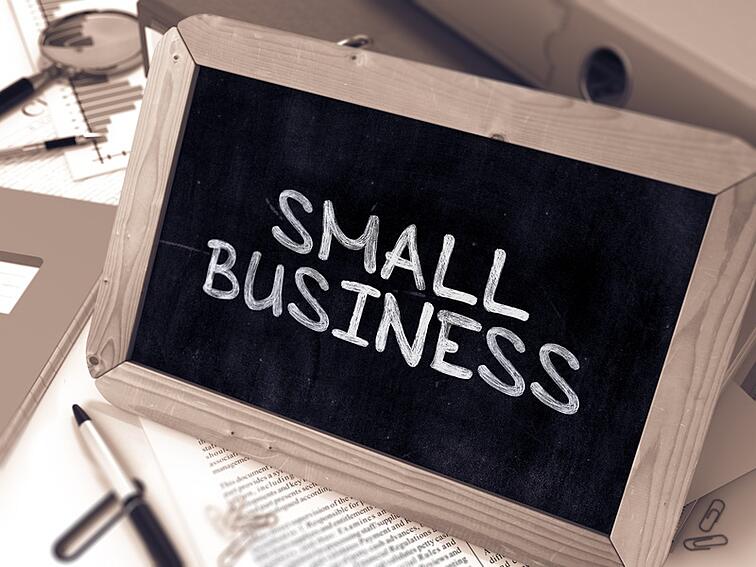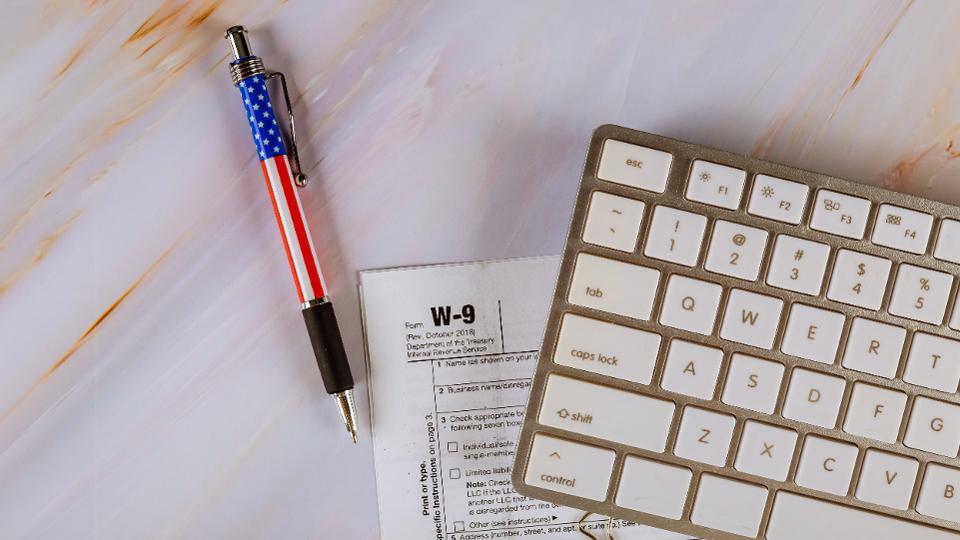You are responsible for every department as a small business owner, one of the critical ones is accounting due to critical tax forms for small business owners you need to handle. Starting a new business is fun and exciting until you realize that being the CEO, CFO, secretary and employee is quite the juggling act. But on the flip side, if you just keep on top of things, your finances will grow and you will be able to hire people to help you.
For the time being, you need to handle it all, and paying your taxes is a critical part of being a small business owner. Part of paying your taxes is filling out all of those tedious forms on time so you don't get penalized. If you head to the IRS site, you will find more than 900 tax forms which can be totally overwhelming, but don't worry, you don't have to fill them all out.
Our editors have looked into all those forms sitting on the IRS website. After their research, we selected critical tax forms for small business owners that will likely apply to a large swath of you. These forms need to be filled out on time so you can ensure your business stays in good legal standing and you don't have the IRS knocking on your door after tax season.

Image Source: Wikipedia
What Are The Critical Tax Forms For Small Business Owners?
Going through the IRS site for small business owners can make it feel like you've got to spend the next six months filling out forms. But nope, that's not the case. All of the forms on the site do not pertain to everyone. We've searched out the ones that will likely apply to most small owners and the list follows.
Form 1040
This form is really the main attraction, the most critical of the critical. On this form you are supposed to tally up all of your income and deductions, then calculate the actual tax you are supposed to remit. It is not a long form and has just two pages, but more than seventy lines to fill out. This is not a form just for businesses, but anyone who has earned an income that wasn’t withheld by their employer.
The main purpose of the form is to calculate your total tax liability, which is based on the total amount of money you owe the federal government. For entrepreneurs, the total liability is based on the income that remains after all standard deductions. This is especially true for people who have spent a lot of money on their new business and need a vigorous tax process.
Form 1099-R
As your new business continues to grow, there are a number of benefits you shall be required to offer your employees. Eventually, you shall be required to make significant contributions to their IRAs, insurance contracts, pensions, and many other programs. The purpose of this form is to enable you to deduct the contribution from your business to the employee's tax obligations. Each employee should receive at least $10 in their contributions from your business.
Form 8829
Most business owners usually have trouble drawing the line between their work and their homes as this is very difficult, and for some of them, work and home are literally the same things. Fortunately, if you happen to have made some improvements to your home for the purpose of your business, all of these expenses are deductible. This particular form – 8829, is designed to help business owners report all expenses that are tied directly to their homes. It is wise, to be honest when making such deductions because there are specific expenses that are allowable, while others are not.
Form 4562
One of the most important things in business is to know just how much the business is worth at any time. The value of your business is in the sum of all assets you own as a business, and this particular form 4562 is usually used for this particular purpose, which is reporting on the amortization and depreciation of each asset each year. Depreciation is the process of analyzing how much the asset has lost in value, while amortization is the process of distributing the value of the assets that are intangible.
Form SS-4
This form is used by the business to officially apply for an identification number which is known as – Employer Identification Number – EIN. This depends on your current situation, and it is probably one of the most important forms you shall ever fill out as a business entity. The numbers are used for different functions such as partnerships, corporations, trusts, and many others. A sole proprietor can be able to file for this number using their social security number but it will vary depending on their specific nature of work.
Form 1120 W
Your business is also a legal corporation, and you shall be required to also pay corporate income tax. This particular form – 1120 is very similar to 1040, but instead of using it to determine the total amount of liability to the individual, it is used to determine the total amount of liability for the corporation. There are many variables that can affect the tax liability for a corporation, but generally, the average effective tax due in the US for corporations is 21%.

Critical Tax Forms For Small Business Owners Conclusion
The above information is extremely crucial to new business enterprises that are unaware of the kind of tax forms they should be filing. Ignorance of what the critical tax forms for small business owners will not help if Uncle Sam comes calling. If you are found on the wrong side of the law, having not filed the required documents, you can be found guilty of tax evasion which carries a minimum of 5 years in jail. But of course, that isn't going to be you, now that you've read through this article, you're all set to fill out your accounting duties and move on to other fun stuff.




